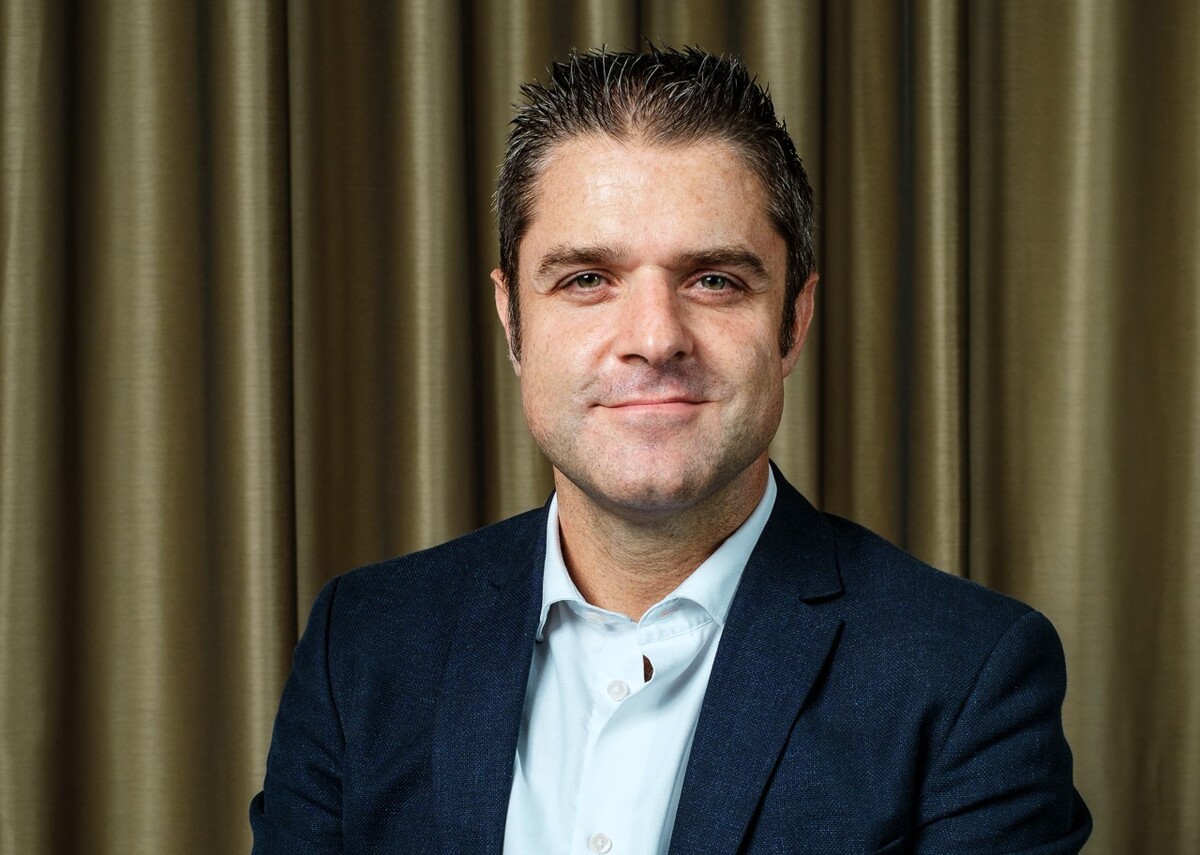How to… provide gold-medal accessibility for all
The Paralympics from Rio are about to hit our TV screens. We can sit back and watch these brilliant athletes perform and admire their skills and determination to overcome adversity, but how well would your business be prepared if one of the athletes came to your hotel? Would they want to come back? And are you providing for their additional needs?
VisitEngland has valued the Inclusive Tourism market at over £12b for both days out and overnight stays. This figure is certain to increase as we live longer.
These tips can act as a health check for your business or as a way of starting to prepare or improve the service provided to disabled people. The aim of every hospitality business is to provide great customer service and that should apply to everyone, no matter what their disability. Any investment in time will be repaid on the bottom line.
1 Train all customer-facing staff in disability awareness and ensure they are familiar with the accessible facilities available
To be able to confidently serve disabled customers, you and your staff need to be disability aware. This training should be provided for all staff on induction and refreshed (for at least those in customer-facing positions) at regular intervals.
There are a number of online and classroom-style courses specifically for those working in the tourism industry. It is important that staff are familiar with the use and operation of all accessibility equipment, such as hearing loops, emergency pull cords in toilets and hoists. Make sure your specialist equipment is regularly tested, always in working order and in sufficient supply.
2 Ensure your website meets accessibility standards and that all written communication is available in accessible formats
All customers should be able to use your website regardless of their level of experience in using the web or the device/operating system they use. Follow the guidance in Visit- England's Electronic Communication Toolkit and make sure your designer follows Web Content Accessibility Guidelines (WCAG) 2.0. Offer written communication in alternative formats, such as large print (16-point font or more), audio or ‘easy to read'.
3 Ask your customers if they require any assistance with emergency evacuation and record the specific arrangements
One of the biggest concerns for disabled people, particularly people with hearing loss, is safe evacuation during an emergency. Develop a set of standard Personal Emergency Evacuation Plans (PEEPs) for the safe evacuation of disabled people. For hotels and B&Bs, make it part of your arrival process to ask every guest "Do you require any assistance in the event of evacuation?" Discuss the standard options available and agree and record any specific arrangements.
4 Use subtitles wherever you use a soundtrack, whether online or at a venue
5 Provide accessible ways for disabled customers to give feedback, and act on and respond promptly to comments
Gather the views of disabled customers to help you provide inclusive experiences. You could add a question on accessibility to any customer surveys, invite a local access group to visit or, for larger attractions, set up an access panel of people with different accessibility requirements. It is important to gain the views of potential guests with different additional needs.
6 Provide twin or zip and link beds in designated accessible bedrooms to accommodate a variety of groups
The flexibility of beds is particularly useful for guests using accessible bedrooms. Disabled guests may be accompanied by a partner or a personal assistant and therefore require different bed configurations.
7 Provide roll-in wet rooms rather than baths in the bathrooms of designated accessible rooms
A roll-in wet room offers far greater accessibility than a bath. Ensure your accessible bedrooms appeal to the widest range of potential guests by providing an en suite wet room with no thresholds. The National Accessible Scheme standards provide the guidance you need to plan the layout of a wet room.
8 Promote any concessions for disabled customers and free personal assistant policies
It is increasingly understood that a suitable reasonable adjustment under the Equality Act 2010 is to waive the cost of an extra ticket for disabled visitors if they require the active support of a personal assistant. Venues may also choose to offer a concessionary rate for disabled customers â" sometimes in recognition of the extra costs disabled people face day to day or physical barriers at the venue, which may prevent them from enjoying the same experience as non-disabled people. Promote these policies clearly in your accessibility guide.
9 Appoint an inclusive tourism champion and encourage accessibility ambassadors
Name a champion to lead on developing access for all throughout the organisation. This may be part of one personâs role or split between two or more people â" for example, a senior manager or director responsible for strategic planning and a member of staff for the day-to-day tasks. Engage accessibility ambassadors across the organisation to help embed inclusive practices.
10 Provide a detailed and accurate accessibility guide to promote your services
People with accessibility requirements require information on a venueâs accessibility to help understand if it will meet their individual needs. Many are put off visiting a venue if there is no access information on their website. From the end of summer 2016, this information can be provided in the form of an accessibility guide (a new and improved format to replace access statements). You will be able to produce and publish an accessibility guide using a new online tool provided by VisitEngland and VisitScotland. Donât forget to include images, ratings from any official schemes (for example, the National Accessible Scheme) and relevant logos (such as those from Tourism is for Everybody).
These tips were produced by Englandâs Inclusive Tourism Action Group. This group was set up following the Unlocking the Purple Pound conference in 2015. It comprises a range of leading accessible tourism stakeholders who share the vision for England to provide a wide range of world-class accessible tourism experiences that every person with accessibility requirements can enjoy. The group undertakes a range of activities to increase engagement of tourism destinations and businesses in the provision of access for all.
The current chair is Arnold Fewell, who can be contacted at arnold@accesschamp.co.uk
For more information, go to www.visitengland.org/access
Â
Â
Â
Â
Â
Â
















